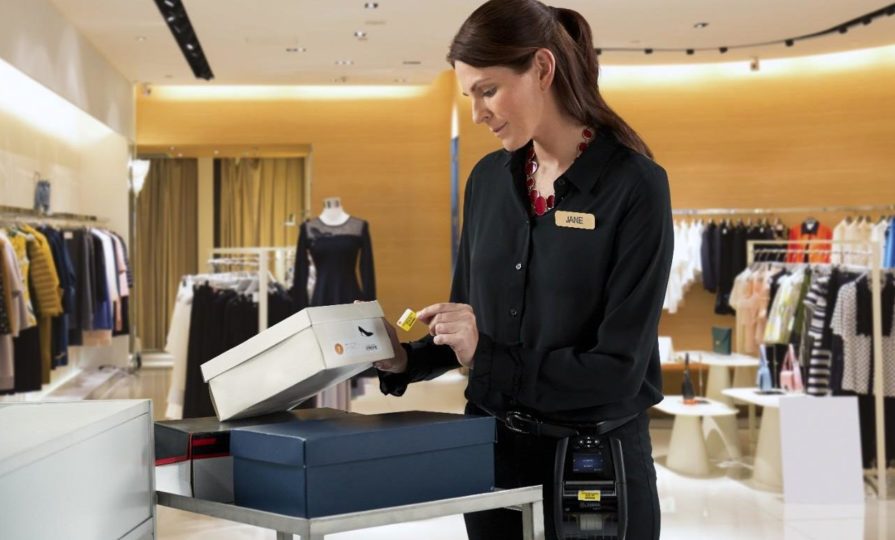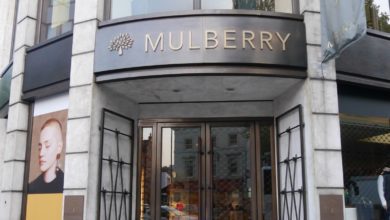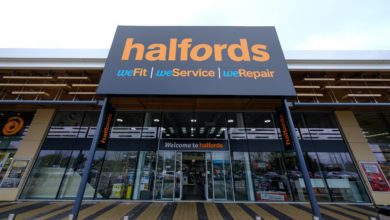Comment
Why a multi-skilled retail team is essential for optimal efficiency

Retail is a people business. And while the rise of online shopping has increased the role of technology, it has arguably made the colleague interactions that do happen even more important.You'll need to
subscribe to unlock this content. Already subscribed? Login?







